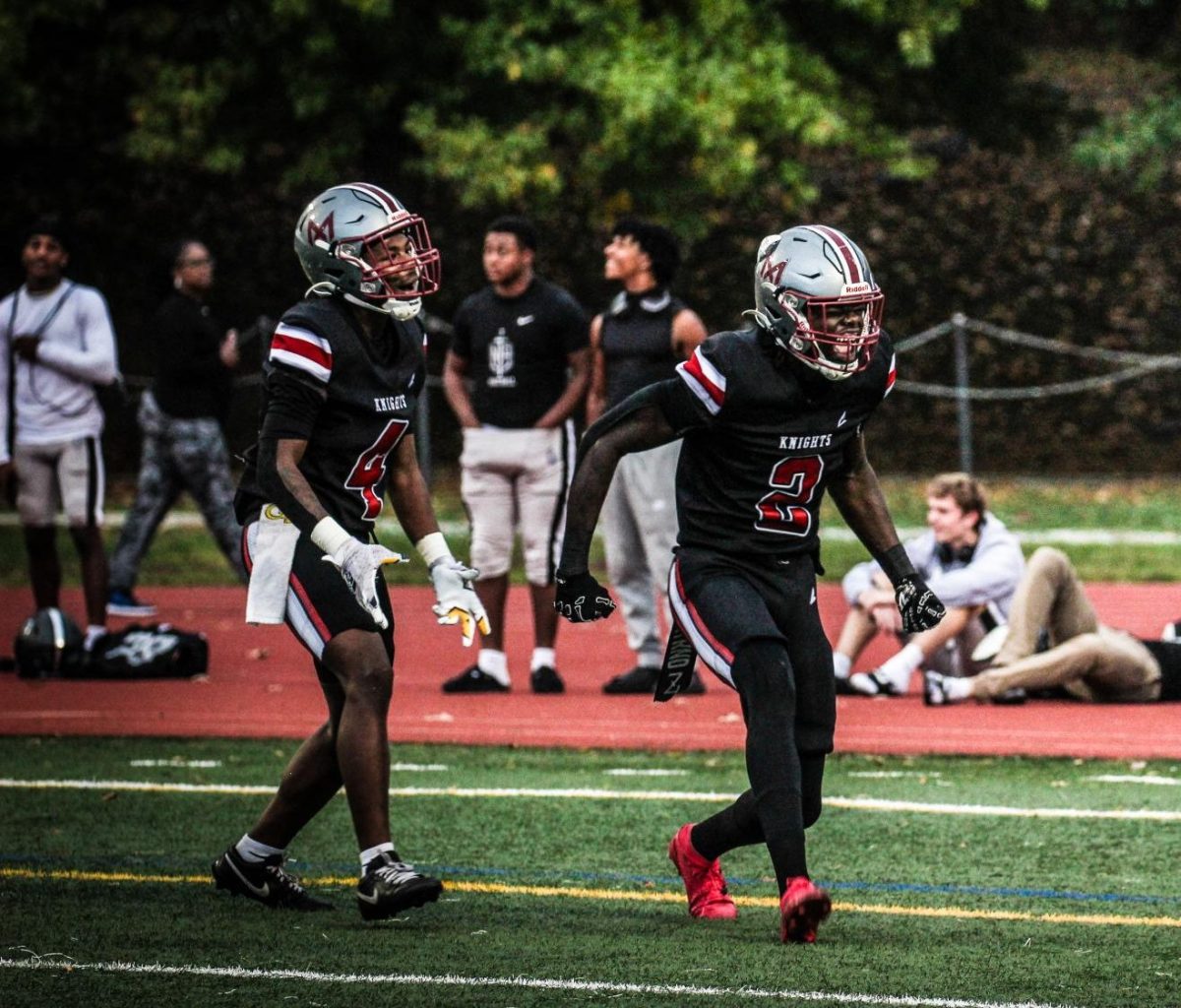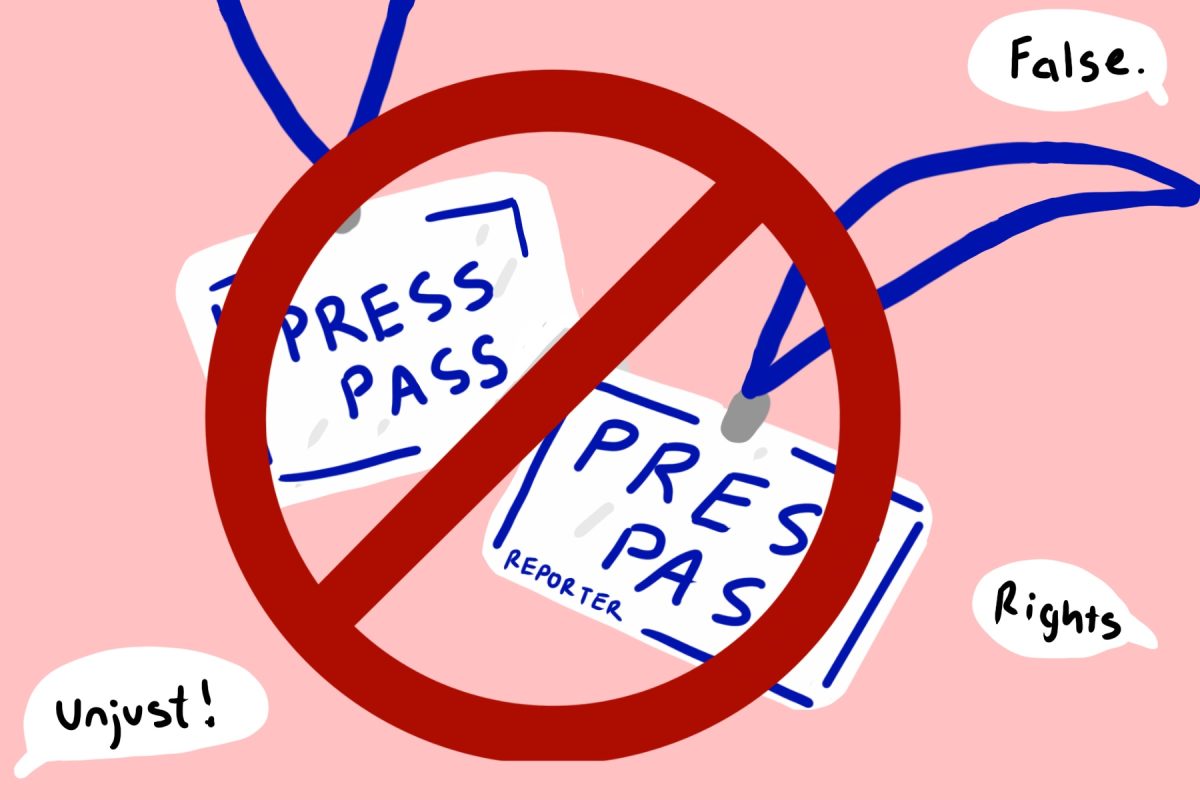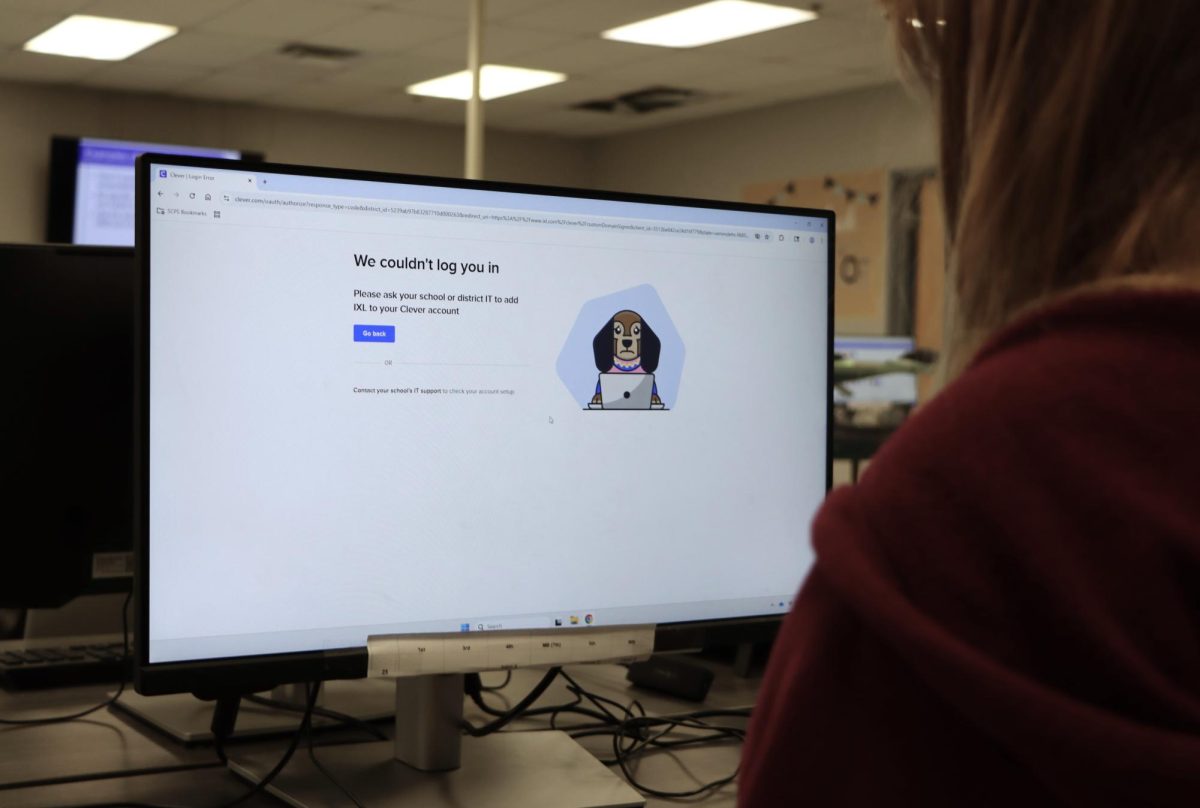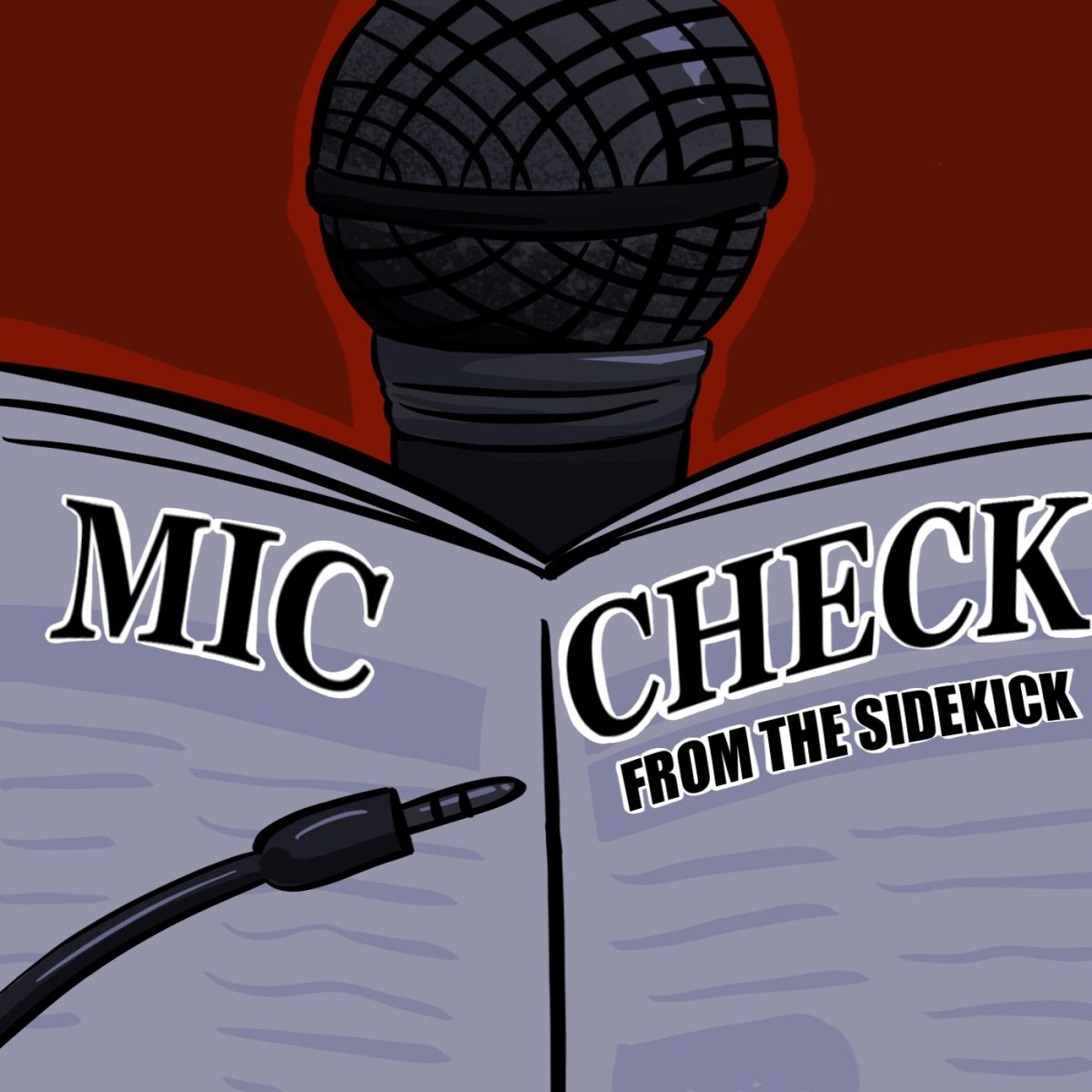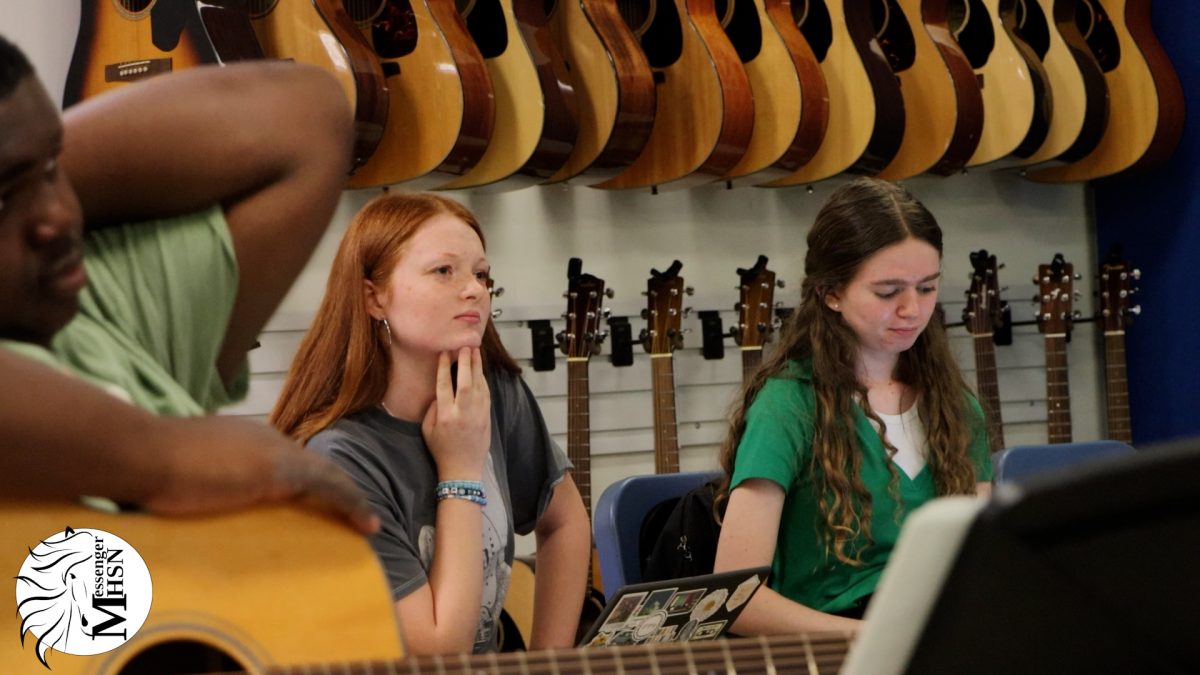In early March, all Stillwater elementary schools received a book order containing 30 LGBTQ+ books, which were removed from shelves before most of them were even unboxed. A staff member flagged images in a few of the books and brought them to the building’s principal where all 30 of the books were then pulled for reconsideration. After reconsideration from district leaders, two books ended up being put behind the library’s counter for check-out available with parent permission.
According to media specialists, the concern about this topic is not merely about LGBTQ representation in the libraries. After all, 28 books still remain on the shelves to diversify the media selection, it is about district policy. Media specialists believe the staff member who flagged and the administration who restricted the books did not follow district policy. Administration believes there was not a district policy to deal with reconsidering these books in the first place.
“Last fall in Lakeland, a parent approached me and asked if she could donate some money towards having better representation of LGBTQIA in our elementary library,” Afton Lakeland and Stonebridge Elementary media specialist Bevin O’Brien said.
O’Brien started curating a list of acceptable books to be placed in the elementary libraries. For each book to be deemed acceptable, media specialists need to find many credible reviews on the book, corroborating its level of vocabulary, complexity and maturity. In addition, media specialists need to annotate the books on their list before the list can be sent to administration for approval. Only after a list of curated books is approved of by the school’s licensed media specialist, a director of teaching and learning and finally an assistant superintendent can they be ordered.
The list of titles was built to reflect the library’s “representation goals” with recommended books from advocacy organizations and the standard five reviews from credible scholarly sources O’Brien said.
After all that work, the books were ordered and sent out to elementary schools. However, during unboxing a staff member noticed questionable titles in the order. They alerted the building principal who immediately pulled all the books back off the shelves for reconsideration. This is where the concern began.
“Only parents of current students and adult students, any high schooler who is 18, are eligible to challenge a book. This [book alert] came from a staff member, from someone who, according to policy, should never have been able to challenge a book in the first place,” media specialist Marie Hydukovich explained.
According to the media specialists, they were told to run libraries under a specific policy for reconsideration. Media specialists said this policy seems to have been not followed during these events. What is being referred to as 606.5 specifically outlines the process for reconsidering library books since policy 606 is used to reconsider classroom materials.
“There are always going to be things that parents maybe aren’t ready to talk to their kids about, that’s why we wanted to make sure we had a reconsideration process in place, so that if there ever was a challenge, we knew what procedures to follow,” O’Brien said.
There was confusion on both sides regarding which policies govern media content. The district handbook contains no mention of 606.5 for library resources, which explains why the school board, or other district leaders who are unfamiliar with library practices feel there is no policy for dealing with the review of library materials.
“The position we’re in right now is we don’t have a great policy procedure for policy and then subsequent procedure to work through this situation,” executive director of elementary education Caitlyn Willis said.
However, media specialists explained that in March 2024, Hydukovich pitched a subsequent media material policy to the former director of teaching Caleb Drexler Booth and superintendent Michael Funk. Since Hydukovich strongly believes media resources are not curriculum, she developed a policy in case of co-curricular reconsideration.
“Your teacher cannot tell you what your independent reading book is. Libraries are other instructional resources, which is in the language of policy 606 and so we developed the ordering process and the reconsideration process,” Hydukovich said.
In that reconsideration meeting, media specialists report Dr. Funk and the Drexler Booth were given this reconsideration process for approval. The policy stated only parents of Stillwater students could file a complaint or students over 18. After a book challenge is filed, the next step would be to discuss the issue in an informal meeting with a media specialist and building principal. If the issue still is not resolved, a formal meeting is scheduled where taking the book off the shelves can be discussed and worked towards.
“[Dr. Funk] specifically said, ‘Yes, I would make sure the principals know about this process,’” Hydukovich explained.
This policy was believed to be in place by all media specialists, not just Hydukovich. When the staff member challenged a book, skipped meeting with a media specialist–went straight to the building principal–and the books were immediately pulled from the shelves without discussion, many felt cheated of their policy or parental rights.
Jody Jacobson, a speaker at the March 18 school board meeting said, “It is not the committee’s responsibility to make these choices for our parents or our youth on this subject, that should be their choice.”
From the district administrator’s perspective, the district handbook does not have any policy at all for reconsidering library materials. Willis and district leaders are racing to create a new media center reconsideration policy.
“I looked at that book and consulted with principals, and looked at other media centers in the metro area and met with Dr. Funk. A decision was made based on the fact that we don’t have a media materials policy. The decision was made to make those books available for checkout with parent permission,” Willis said.
Many parents were hoping for the confusion to be cleared up at the school board meeting on March 18. People were looking to Dr. Funk as the Superintendent of the school and the person involved with areas of policy and approval. Unfortunately, due to a medical emergency, he was unable to attend. Yet, many people still spoke about their opinions during open forum to express their unrest about the entire situation.
Willis explained there were 11 individuals who signed up to speak at the open forum. It showed how the larger community felt about the issue, showing multiple perspectives on the issue.
Overall, the district hopes to resolve the issue in a way to maintain representation in the elementary libraries and properly have a way to deal with book challenges. The schools enjoy the level of diversity the book grant was able to provide with its 28 books and hope similar grants can be processed in the future. Administration continues to work on creating a transparent policy for. media center materials if future content concerns arise.
In the end, both sides aim to increase inclusivity in our school libraries.
“Come back to our mission as a school district which is around inclusivity. We want our libraries to represent the student experience to represent all the students we serve,” Willis said.
This story was originally published on The Pony Express on April 17, 2025.










